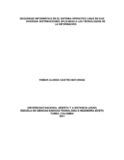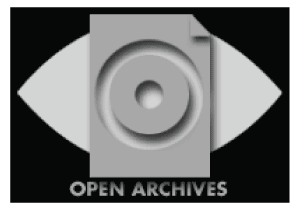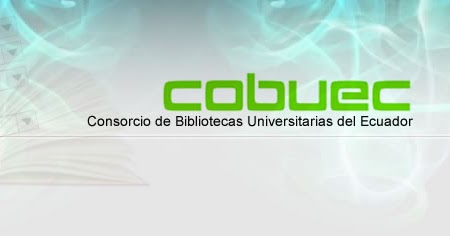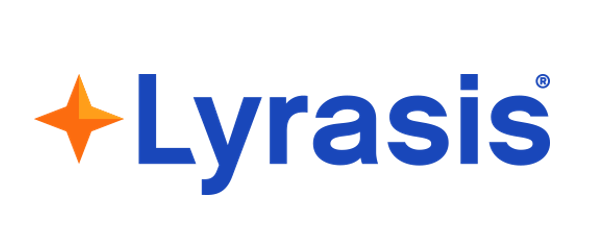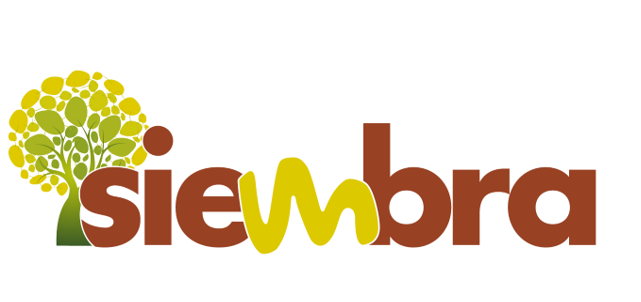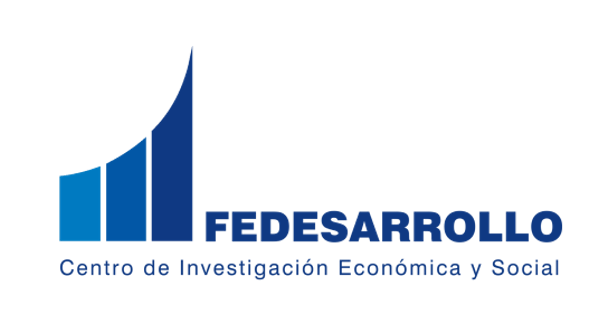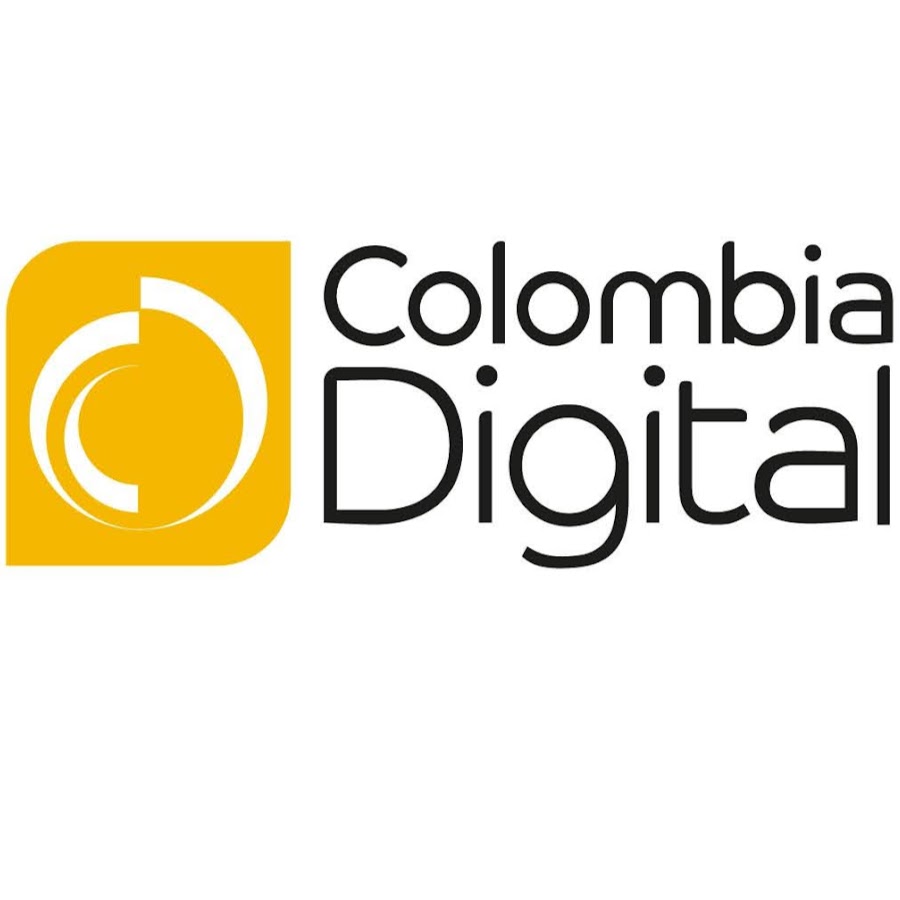| dc.contributor.advisor | Nunez Alvarez,Yenny Stella | |
| dc.coverage.spatial | cead_-_turbo | |
| dc.creator | Castro Maturana,Yeimar Alonso | |
| dc.date.accessioned | 2021-04-26T23:18:05Z | |
| dc.date.available | 2021-04-26T23:18:05Z | |
| dc.date.created | 2021-08-28 | |
| dc.identifier.uri | https://repository.unad.edu.co/handle/10596/40342 | |
| dc.description.abstract | Linux es sistema un sistema operativo igual como sus homólogos Windows y Macintosh pero con la gran diferencia de ser usado de forma no lucrativa como lo hacen otras contrapartes que sacan rentabilidad por el uso de sus servicios es sus diferentes versiones y funcionalidades. Linux es y ha sido alimentado por una comunidad a través del mundo entero con sus aportes a las diversas distribuciones que lo abastecen día a día. Linux nace como un entretenimiento por entonces joven llamado Linux Torvalds por aquel entonces cursado su vida universitaria en el campus de la universidad de Helsinki en Finlandia. A través de los años el sistema operativo Linux ha ganado adeptos y una gran comunidad que lo avala y lo autoriza a tener una porción del mercado de los sistemas operativos bastante sustancias con sus diversas distribuciones que cumplen múltiples propósitos para los usuarios emparentados y simpatizados con Linux por su funcionalidades prestadas en sus distribuciones; funciones que van desde ofrecer seguridad como lo es Red Hat y Debian, integridad como lo es Ubuntu, distribución y manejo de recursos como CentOS, protección en la de como Open SuSE y hasta proyectos de vulnerabilidades como Kali Linux anteriormente llamada Backtrack.
Teniendo en cuenta el contexto de lo que es Linux esta monografía busca exponer las bondades de las diferentes distribuciones de Linux para la seguridad informática para los usuarios finales, organizaciones, empresas y comunidad que hace uso de Linux como sistemas operativos. En esta monografía argumentare aspectos positivos y relevantes del sistema operativo Linux que permitirán tener en cuenta su usabilidad, disponibilidad, integridad y seguridad en los diferentes dispositivos, medios y herramientas que constituyen un sistema gestor de información. Esta monografía no busca explicar el uso del sistema operativo Linux para el hacking ético esta monografía pretende exponer como las diferentes distribuciones de Linux aportan a la seguridad informática desde la perspectiva del usuario final o el usuario común. | |
| dc.format | pdf | |
| dc.title | Seguridad informática en el sistema Operativo LINUX en sus diversas distribuciones aplicadas a las tecnologías de la información. | |
| dc.type | Monografia | |
| dc.subject.keywords | Seguridad informática, Sistema Operativo, Amenaza, Riesgo, Computador, Ciberseguridad. | |
| dc.description.abstractenglish | Linux is an operating system the same as its Windows and Macintosh counterparts but with the great difference of being used in a non-profit way as other counterparts do that get profitable for the use of their services in their different versions and functionalities. Linux is and has been fed by a community throughout the world with their contributions to the various distributions that supply it day by day. Linux was born as a then young entertainment called Linux Torvalds at that time he studied his university life on the campus of the University of Helsinki in Finland. Over the years, the Linux operating system has gained adherents and a large community that endorses it and authorizes it to have a fairly substantial portion of the operating system market with its various distributions that serve multiple purposes for users related to and sympathetic to Linux. for its functionalities provided in its distributions; functions that range from offering security such as Red Hat and Debian, integrity such as Ubuntu, distribution and management of resources such as CentOS, protection in how to Open SuSE and even vulnerability projects such as Kali Linux previously called Backtrack.
Taking into account the context of what Linux is this monograph seeks to expose the benefits of the different distributions of Linux for computer security for end users, organizations, companies and community that makes use of Linux as operating systems. In this monograph I will argue positive and relevant aspects of the Linux operating system that will allow us to take into account its usability, availability, integrity and security in the different devices, media and tools that constitute an information management system. This monograph does not seek to explain the use of the Linux operating system for ethical hacking. This monograph aims to expose how the different distributions of Linux contribute to computer security from the perspective of the end user or the common user. | |

